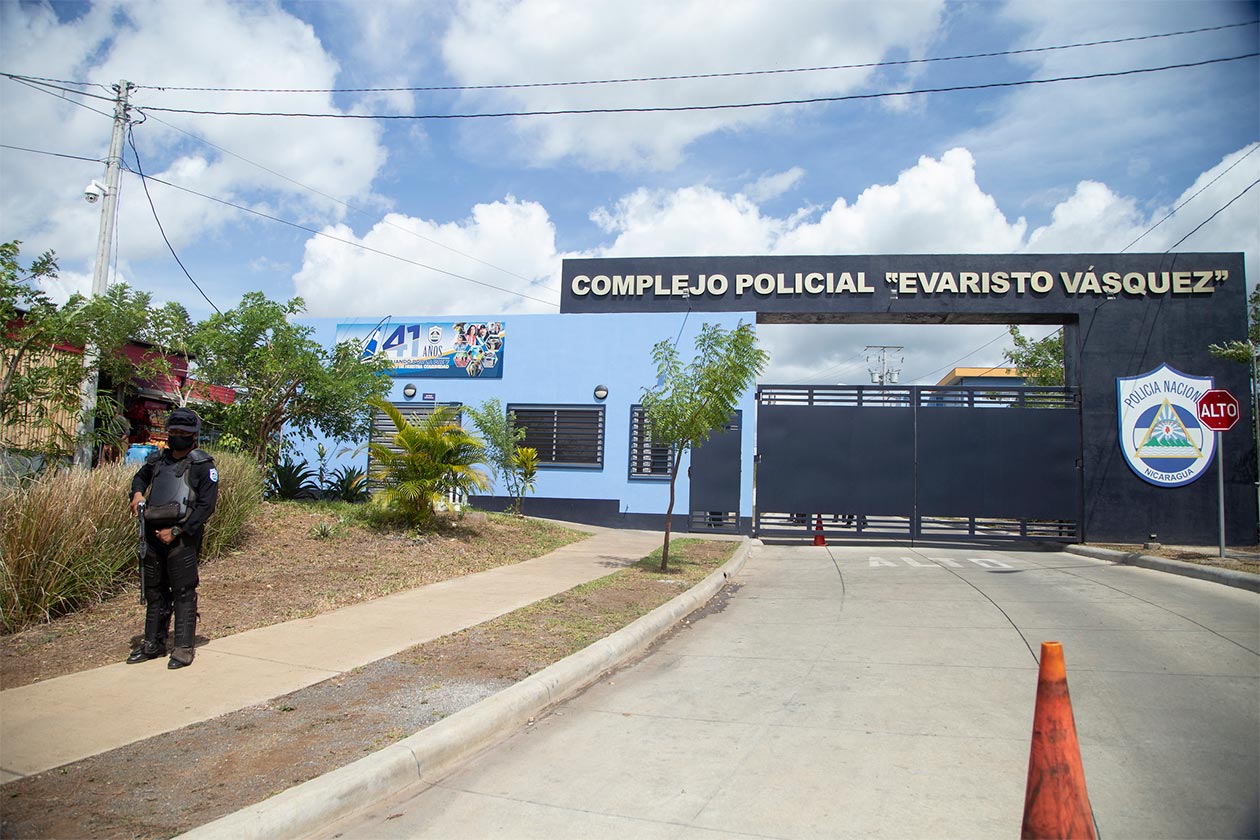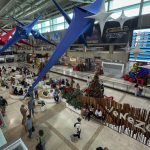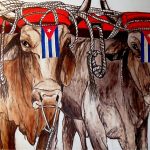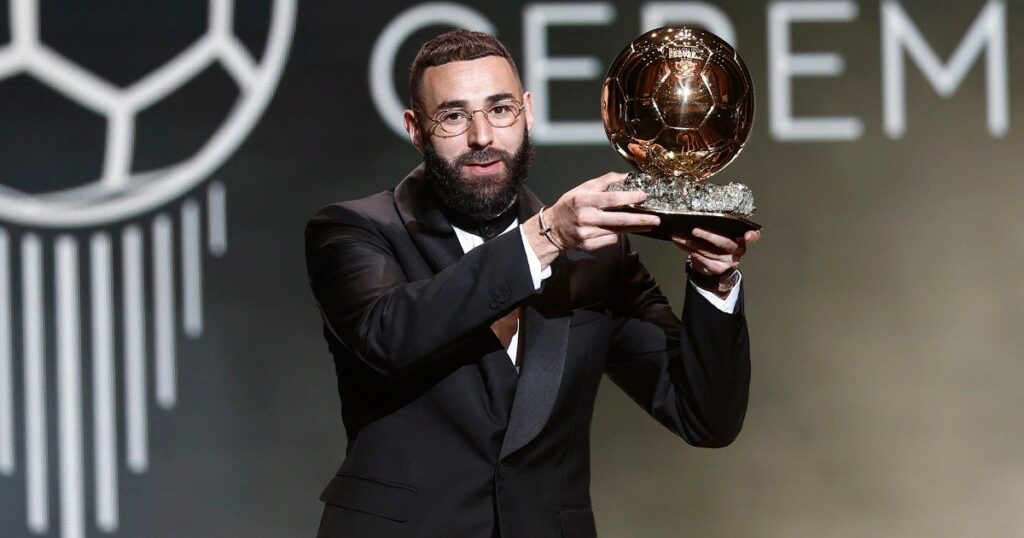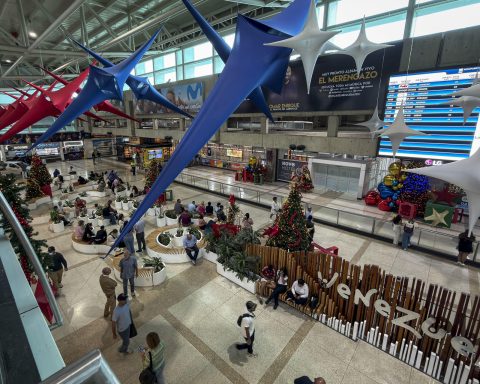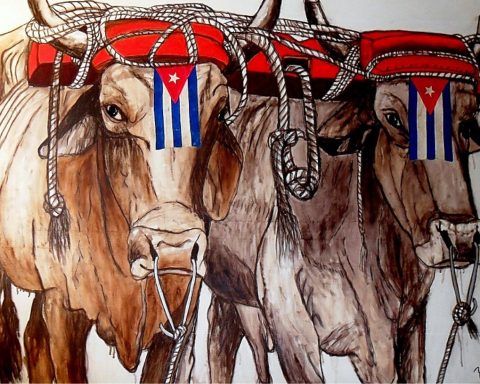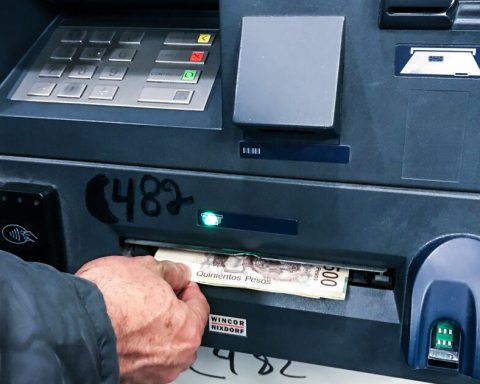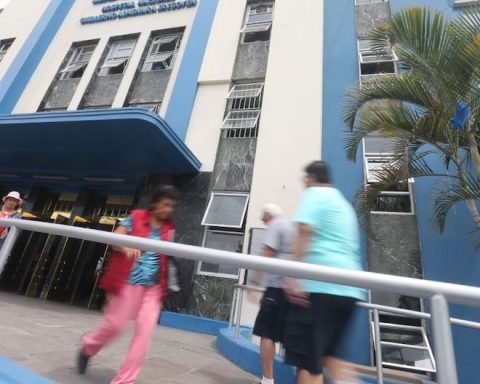Relatives of political prisoners from the Directorate of Judicial Assistance, known as El Chipote, demanded “visits now!” to the Nicaraguan authorities, denouncing that they have not been able to confirm the physical and emotional health condition of their relatives, since they have not had access to a meeting for more than 50 days, this being the third longest period of solitary confinement to which they have been subdued.
“During this time of incommunicado detention, which is part of the psychological torture that the regime implements to repress and affect us, they do not provide us with information on how they are doing, and when we insist they threaten us with not receiving the water,” says part of the joint statement released. by the relatives of political prisoners from El Chipote.
In more than a year of imprisonment, the political prisoners of El Chipote have only been authorized by the Ortega-Murillo regime to have ten family visits. The encounters with the longest periods of solitary confinement, according to data collected by CONFIDENTIAL, were the first, authorized on August 31, 2021, after the political prisoners were hidden for between 80 and 95 days, approximately; and the sixth, carried out between March 17 and 19, when the regime ordered incommunicado detention for up to 55 days.
Andrea Larios, daughter of political prisoner Irving Larios, read the joint statement from the relatives highlighting that the situation of incommunicado detention with prisoners of conscience is “desperate” especially after the passage of Hurricane Julia, which hit the South Caribbean of the country like a category one cyclone and has left more than 300 million dollars in damage throughout the country, according to preliminary data from the Ortega-Murillo regime.
“We do not know what happened to them or how the police institution acted to protect their safety, taking into account that in some cells there is a lot of humidity and they even flood,” he said.
Health and life of political prisoners “is at risk”
The relatives also highlighted the risk to “the health and life” of the four political prisoners Miguel Mendoza, Róger Reyes, Irving Larios and Dora María Téllez, who began a hunger strike in September as a measure of pressure so that they Authorize visits with their minor children and put an end to the inhuman conditions, prolonged isolation and solitary confinement, in addition to the lack of access to specialized medical care or reading material, to which they are subjected in El Chipote.
“It is imperative that they are provided with specialized medical attention, adequate food and the guarantee of respect for their human rights. We fear that he may die in that torture center. Every day that passes, their lives are in greater danger,” they denounced.
Raity Larios, daughter of political prisoner Irving Larios, who has been on a hunger strike for 23 days, demanding respect for their rights, explained that as a family they wake up every day “first with the uncertainty of having our relatives in those conditions and second with have that visit when it occurs to them.”
“We spend nights, days, wondering if they ate, if they are alive. We live in fear because that is how the dictatorship has us. We are experiencing emotional terror, what we live through is torture, the fact of spending 52 days since the last visit without knowing anything about my father, without knowing how he is, is torture, that is why we tell them that we love the visit now, we want to see how our relatives are, “he demanded.
“That they suspend the agony of solitary confinement”
Ramón Mendoza, brother of the journalist and political prisoner Miguel Mendoza, affirmed that his family member has been on a hunger strike for 29 days, demanding that his right to have communication and visits with his nine-year-old daughter be respected, but the regime “is listening deaf to their demand” and, contrary to this, responds by further prolonging the period of family visits.
“Miguel’s situation is worrying for us. We recommend that he not go on strike due to his health condition, his low weight and his chronic conditions, but he said yes and the authorities have turned a deaf ear to his pressure mechanism to see his daughter, and have extended the visits, we have not seen him since August 27, we demand the suspension of this agony”, he urged.
In addition, he indicated that Miguel’s daughter “asks for her father every day, cries for him and has had eight crises because she could not see him. She draws pictures for him, letters and has not allowed her to have any kind of communication with him. The lawyer has made the pertinent steps more than eleven times and they have not been allowed, it has been impossible”.
Fernanda Guevara, wife of lawyer Róger Reyes, who has also been on a hunger strike for 27 days, explained that as a family they are “extremely concerned” about the health of the prisoner of conscience, since he has “50 days without seeing him, without knowing nothing about him, that before the strike he already had poor nutrition”.
“We are not asking for favors. We are asking for the rights of my husband and my daughters, who have been violated because they are not allowed to see each other, communicate, nor are they allowed to see a passport-sized photo of their daughters or see a drawing, “he denounced.
“I ask for the unconditional freedom of my husband and for the rights of him and my daughters to be respected,” she added.
In the joint statement, the relatives reiterated their demands for communication through telephone calls, drawings and messages from their minor or adult children and other relatives who are outside the country; regularization of periodic visits every 15 days; regular information on the health status of their relatives in the periods between visits; end solitary confinement and isolation from the outside world; and allow access to reading and writing material.
The regime of Daniel Ortega and Rosario Murillo keeps more than 219 people imprisoned for political reasons in Nicaragua. The list of political prisoners in Nicaragua has been swelled with journalists, human rights defenders, peasants, students, priests, political activists, presidential candidates and businessmen.
